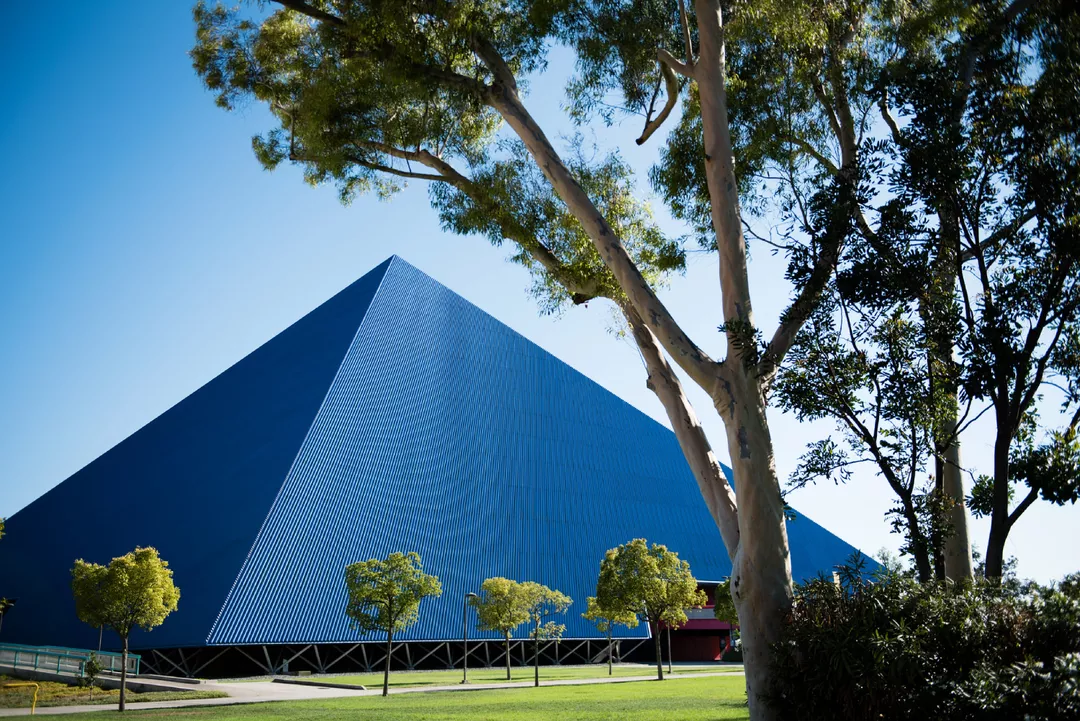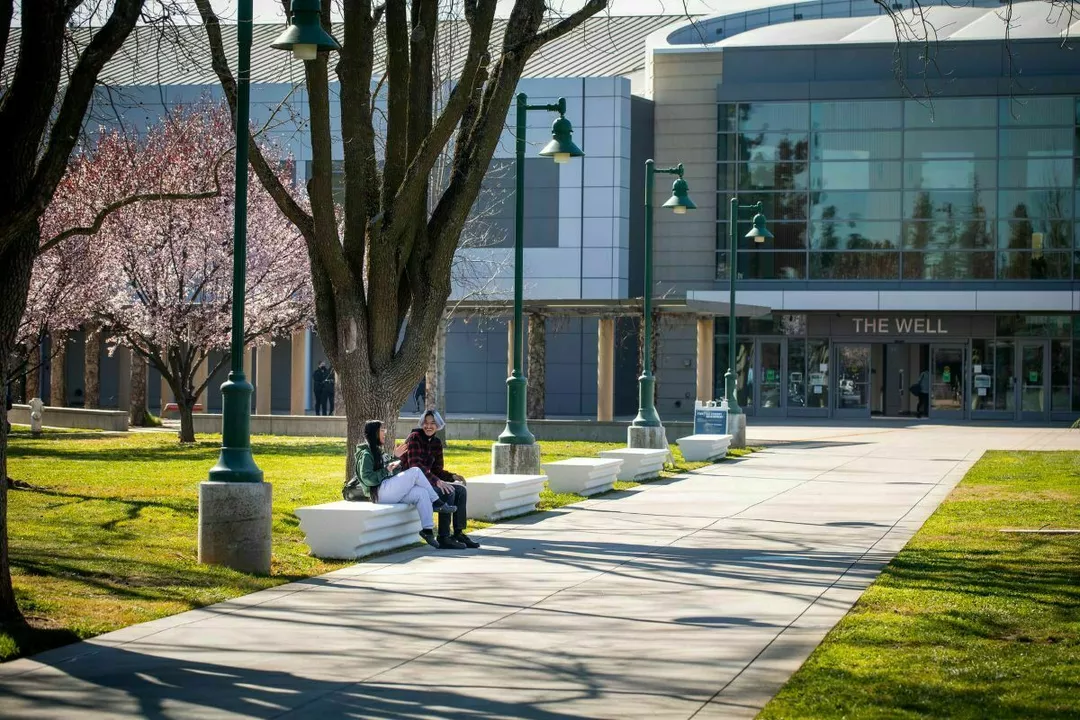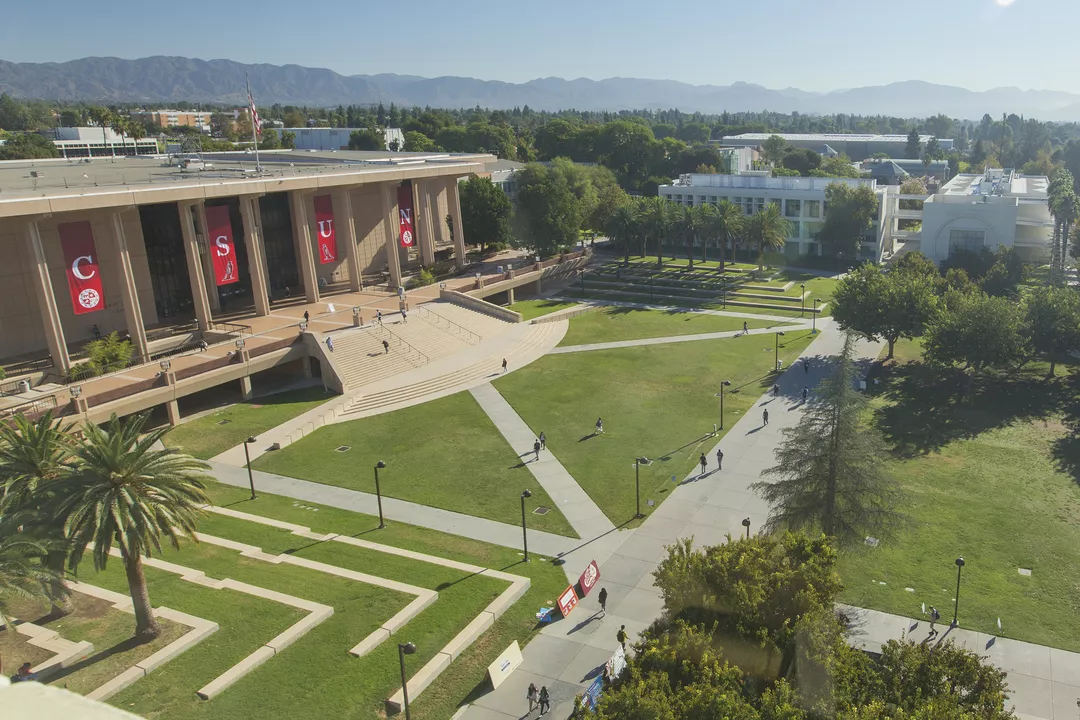-
hello@abroadcube.com
Mail us
-
Call For Help:
98779 83783
-
Whatsapp Us
70090 34921
The graduate programs in Biological Sciences lead to either a Master of Arts (MA) or a Master of Science (MS) degree and provides an opportunity for students to receive advanced training and to pursue independent investigations in particular fields of biology. It allows them to upgrade their qualifications for educational advancement to doctoral programs or for professional advancement in teaching, laboratory work, or fieldwork. The MS degree requires completion of a thesis which has concentrations in Ecology, Evolution and Conservation and in Molecular and Cellular Biology so as to provide advanced training and research experience in these fields.
All students are required to complete a project or thesis involving field, laboratory, or literature research. The project or thesis research may be conducted on campus with a biology faculty member or at an off-campus location. In either case, the student's research must make a new contribution to the field of biology.
| Level | Masters |
| Discipline | Professional Studies |
| Duration | 24 months |
| Intakes | Jan, Sep |
| Application Fees | USD 70 |
| Tuition Fees | USD 14304 |
| Campus | Sacramento |
| Language proficiency (minimum) | |
| IELTS | 6.5 |
|---|---|
| TOEFL | 80 |
| PTE | 65 |
| Duolingo | Not Required / Waiver |
| Exam proficiency (minimum) | |
| SAT | Not Required / Waiver |
|---|---|
| ACT | Not Required / Waiver |
| GRE | Not Required / Waiver |
| GMAT | Not Required / Waiver |
Minimum GPA - 63%
QS Quacquarelli Symonds is the world’s leading provider of services, analytics, and insight to the global higher education sector, whose mission is to enable motivated people anywhere in the world to fulfil their potential through educational achievement, international mobility, and career development.
THE (Times Higher Education) has been providing trusted performance data on universities for students and their families, academics, university leaders, governments and industry, since 2004. We create university rankings to assess university performance on the global stage and to provide a resource for readers to understand the different missions and successes of higher education institutions.
The Academic Ranking of World Universities (ARWU) was first published in June 2003 by the Center for World-Class Universities (CWCU), Graduate School of Education (formerly the Institute of Higher Education) of Shanghai Jiao Tong University, China, and updated on an annual basis
The "Webometrics Ranking of World Universities" is an initiative of the Cybermetrics Lab, a research group belonging to the Consejo Superior de Investigaciones Científicas (CSIC), the largest public research body in Spain. CSIC is among the first basic research organizations in Europe. The CSIC consisted in 2006 of 126 centers and institutes distributed throughout Spain.



